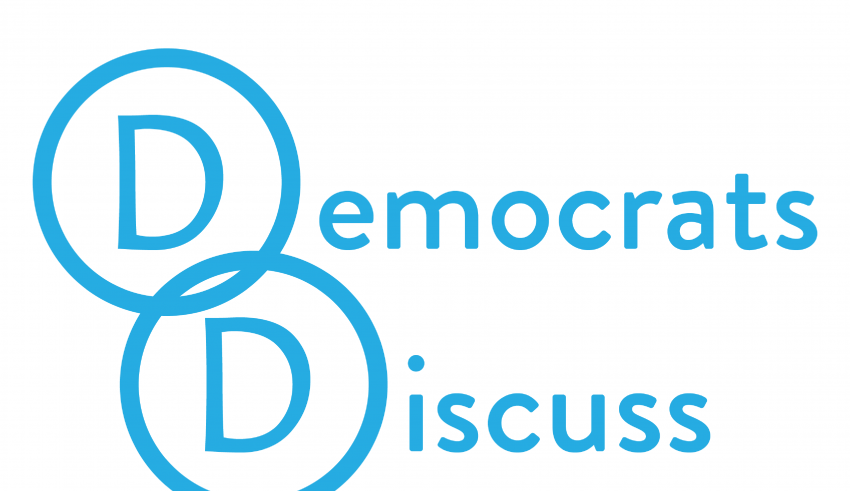OPINION: Democrats Discuss — Voting during a pandemic
Maddie Kramer is the Ohio University College Democrats’ vice president. She is a junior studying political science. The following article reflects the opinion and views of the author and does not present those of the Ohio University College Democrats.
Please note that these views and opinions do not reflect those of The New Political.
COVID-19 has disrupted almost every American’s day-to-day life. In Ohio, more than 450,000 workers have applied for unemployment. Those who work in bars, nonessential retail, tattoo parlors or restaurants without carryout options have been laid off without an end date in sight, as Ohio Gov. Mike DeWine extended the stay-at-home order until May 1. Schools have gone online, with many high schools and colleges canceling graduation. And to top it all off, it is an election year.
It wasn’t until March that COVID-19 started escalating in the U.S., going from 30 cases on March 1 to 279 cases by March 7. By March 31, there were more than 186,000 cases across the country. Originally, the Ohio primary election was scheduled to be held on March 17. After a last-minute battle with the Ohio Supreme Court, DeWine and the head of the Ohio Department of Health, Amy Acton, ordered polls to close because of a potential “health emergency.” With a hefty dose of confusion, poll workers were told not to show up on March 14 to assist with the Ohio primary election. The election will now take place via absentee ballot, due by April 27.
While Ohioans are staying safe and voting from their couches, other states aren’t taking the same precautions. Wisconsin hosted their primary on April 7 amid the confusion that was similar to the Ohio primary, forcing voters who did not have time to request absentee ballots to wait in line, many outside, six feet apart from each other. In a time where there is a focus on staying home and social distancing, why are the polls open? Wisconsin made its citizens choose between staying home and safe or doing their civic duty. This is thinly veiled voter suppression.
Similarly to Ohio, many poll workers in Wisconsin did not show up to work fearing for their health, forcing the consolidation of many polling stations. The city of Milwaukee only had five polling places instead of the usual 180. Green Bay had two instead of the usual 31. With limited workers, limited resources and extra caution due to the pandemic, some voters in these cities had to wait two to three hours to cast their ballot. This messy situation affects almost every voting demographic. Those who are essential workers do not have time to take two to three hours out of the day to cast their vote. Those without child care may find it challenging to wrangle children while waiting to cast their vote, in addition to not wanting to potentially expose their children to the virus or contaminate others. The elderly are being told not to leave their house, many opting for grocery and medicine delivery. Why did the Wisconsin Supreme Court still expect these citizens to turn out to vote?
There are a myriad of reasons why Wisconsin’s primary election went on as scheduled. The Republican-controlled Wisconsin Supreme Court overturned Democrat Gov. Tony Evers executive order to delay the election. Many Wisconsin citizens believe this was to secure the current Republicans in the state, as President Donald Trump tweeted support of conservative Justice Daniel Kelly for the Wisconsin Supreme Court before the election. Madison Mayor Satya Rhodes-Conway tweeted that “Wisconsin’s hyper-partisan Supreme Court is barreling ahead with a reckless election that is certain to disenfranchise tens of thousands of voters.”
As CNN points out, this seems to be the opinion of Democrats while many conservatives feel that the election must go on with limited leniency. We may not know what the results of the Wisconsin election will be until the following week due to absentee ballots, but it will be very interesting to compare voter turnout in Wisconsin versus other states that have postponed their elections once this is all said and done.

